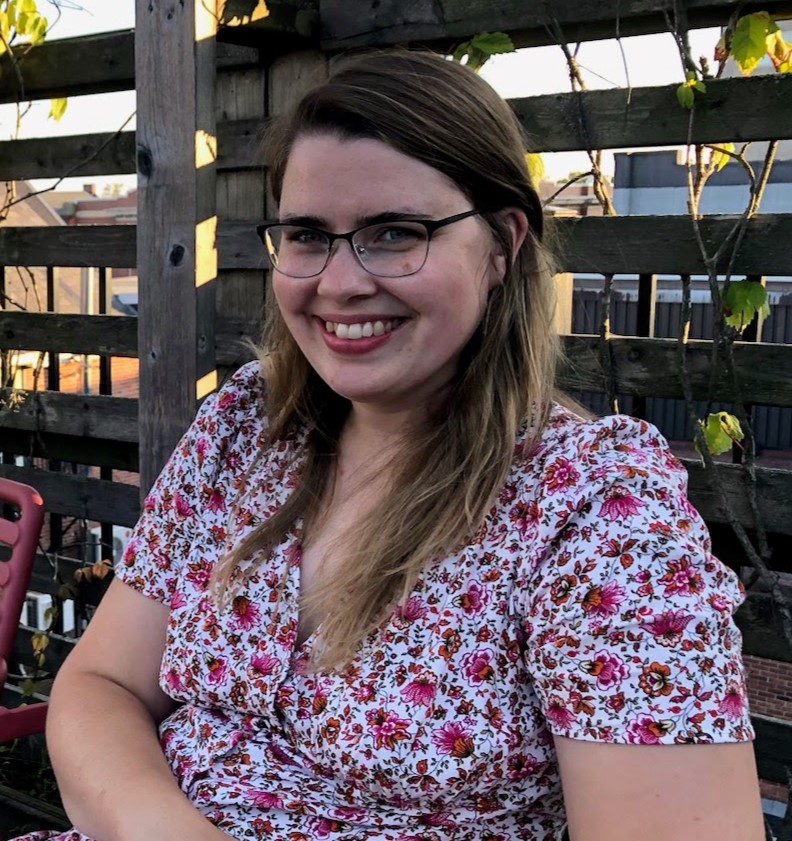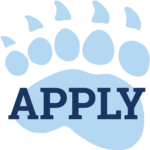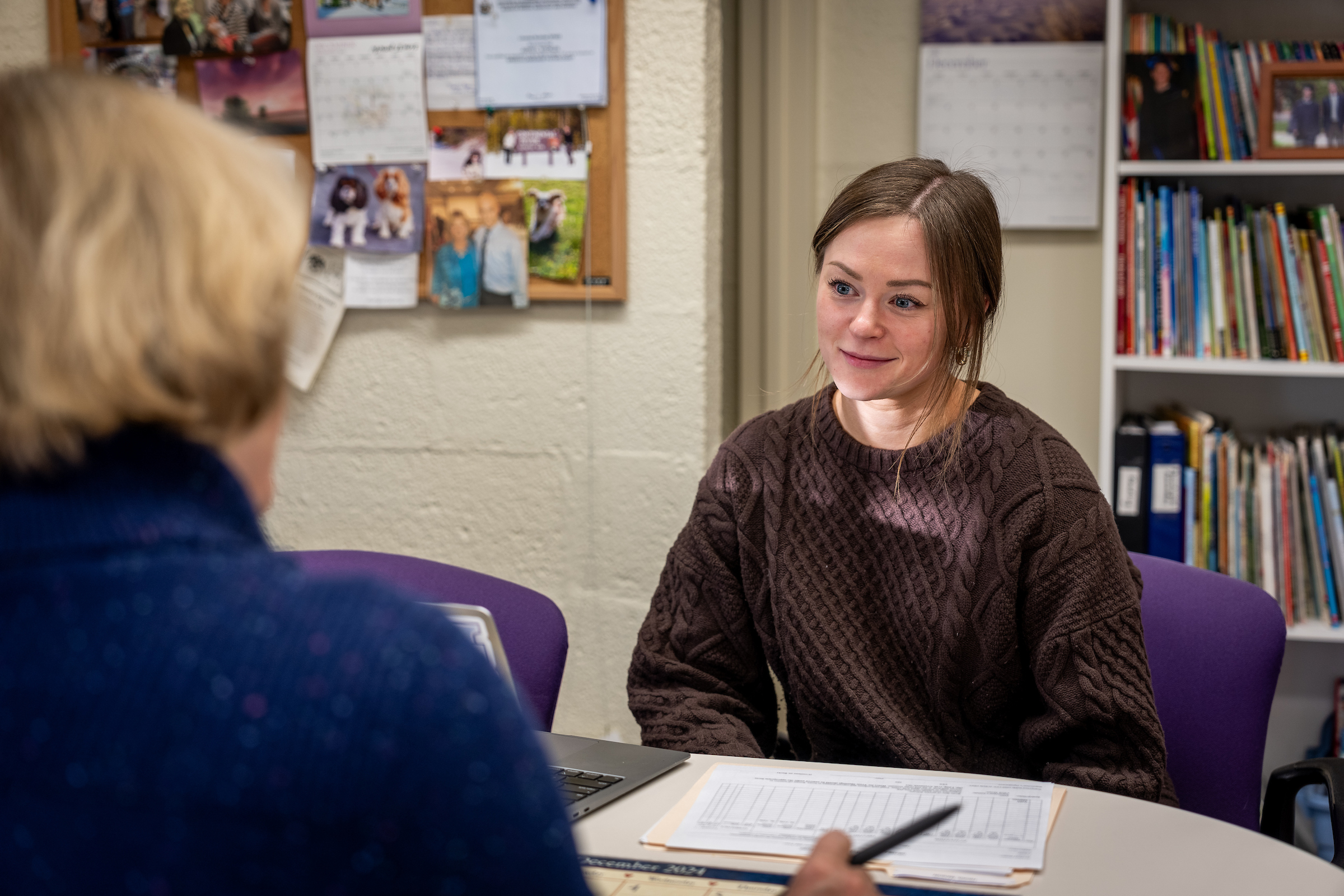
Online Bachelor of Social Work
Important!
This program is only accepting students residing in Maine for the 2025-2026 academic year.
About the Program
UMaine is ranked #80 in Best Online Bachelor’s Programs for Veterans by U.S. News & World Report.
The online Bachelor of Social Work (BSW) provides the knowledge and skills that advance racial, economic, environmental, and social justice in our school, university, community, and state. You’ll be prepared for practice with diverse populations across various settings.
Graduates are qualified to take the examination for certification as Licensed Social Worker in the state of Maine and other states that license baccalaureate social workers. Graduates can apply for Advanced Standing in the Master of Social Work (MSW) program.
The BSW program is accredited by the Council on Social Work Education (CSWE).
Format
All BSW coursework can be completed 100% online, except for internships. Internships are an opportunity to apply classroom learning to “hands-on” social work practice in an in-person setting with a community agency/organization geographically convenient to students in Maine for the 2025-2026 academic year.
Internships are typically completed during the last two years of the program, with 50 hours required during your junior year and 400 hours required during your senior year.
To learn more about the internship experience, visit the School of Social Work website.
Contact Us
Have questions about earning your Bachelor of Social Work online with UMaine? Contact a UMaineOnline advisor.
Curriculum
The BSW curriculum builds on the solid liberal arts foundation you receive through the general education requirements. Coursework focuses on human behavior and the social environment, social welfare policies and issues, social work research, and practice with individuals, families, small groups, organizations, and communities.
During your junior and senior years, you’ll complete in-person internships in settings that may include child welfare, community mental health and substance use services, food pantries, intimate partner violence or sexual assault resource centers, public schools, and other community organizations.
To learn more about internships, visit the School of Social Work website.
Admissions
Careers
According to the U.S. Bureau of Labor Statistics (BLS), the employment of social workers is projected to grow 7% from 2023 to 2033, faster than average, with about 67,300 openings per year. As of May 2023, Maine has one of the highest concentrations of social work job opportunities in the U.S.
Social workers have various opportunities in several fields, including:
- Adoption Advocate
- Behavioral Health Professional
- Case Management
- Crisis Work
- Education
- Health Care
- International Organizations
- Intimate Partner Violence Prevention Educator
- Gerontology
- Health Care
- Substance Use Treatment
- Policy and Advocacy
- Sexual Assault Advocate
To learn more about the roles and opportunities available with an MSW, visit the School of Social Work website.


